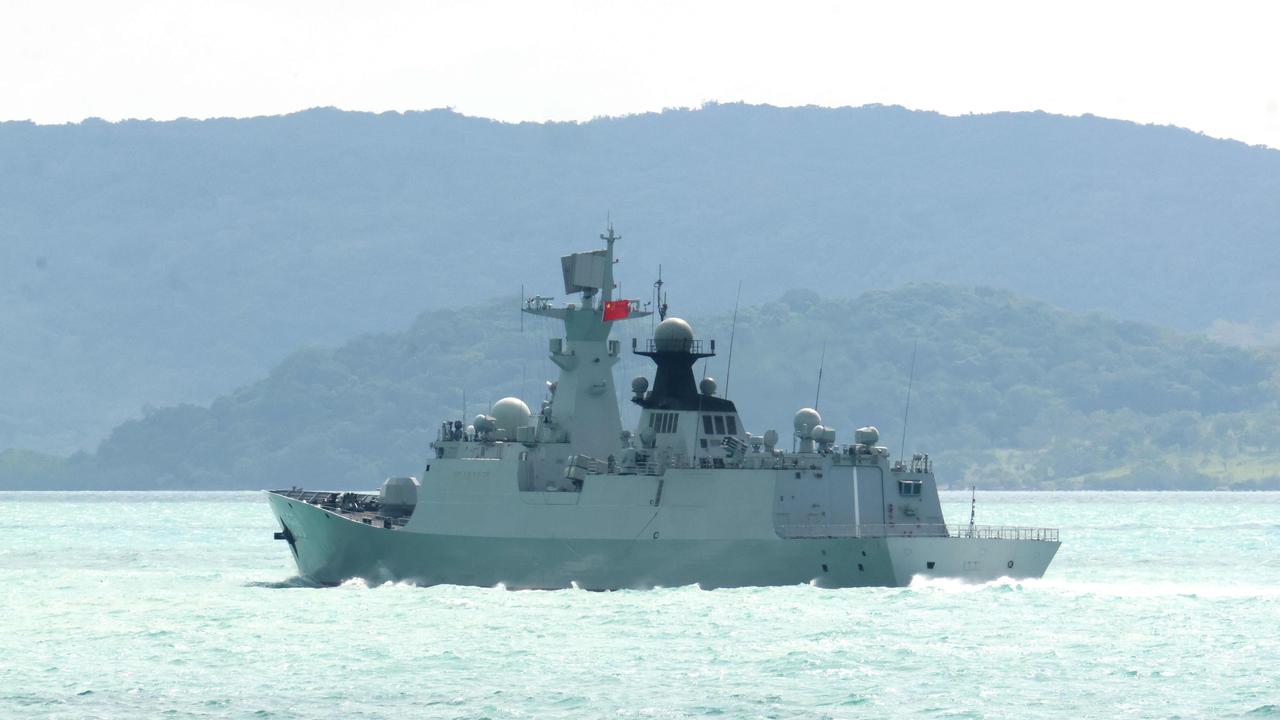North Korea’s camps ‘worse than Auschwitz’
KIM Jong-un’s political prisoners are in camps as bad — or worse — than Nazi Germany’s death camps, says a judge who survived the brutal, deadly concentration camps.
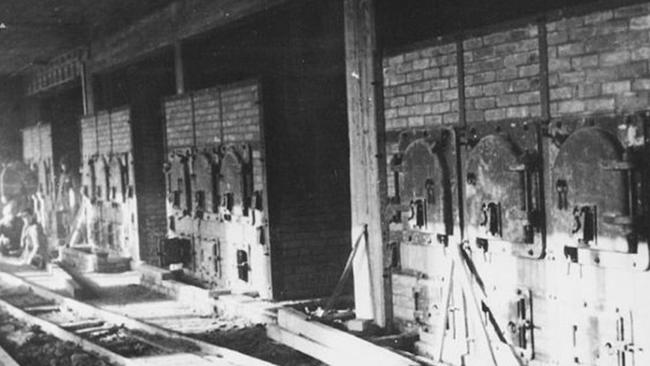
World
Don't miss out on the headlines from World. Followed categories will be added to My News.
HE HAS labelled North Korea’s political prisons as a “crime against humanity”.
Thomas Buergenthal should know: as a child in wartime Germany he survived the brutal, deadly Nazi concentration camps.
“I believe that the conditions in the [North] Korean prison camps are as terrible, or even worse, than those I saw and experienced in my youth in these Nazi camps and in my long professional career in the human rights field,” said Buergenthal, who was in Auschwitz and Sachsenhausen as a child, as well as the ghetto of Kielce, Poland.
North Korea says the camps no longer operate, despite the fact they are clearly visible in satellite images.
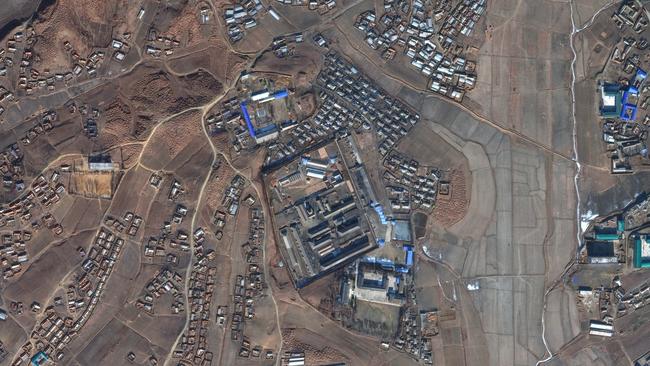
But Buergenthal, who served on the International Court of Justice, is one of three jurists to conclude North Korean leader Kim Jong-un and other officials should be tried for crimes against humanity for the way the authoritarian nation’s regime uses brutal political prisons to control the population.
MURDER, INFANTICIDE, TORTURE
The report, based on the testimony and evidence of defectors, former prisoners, prison guards and experts on the camps, cite horrific details of systematic murder, including infanticide, and torture, persecution of Christians, rape, forced abortions, starvation and overwork leading to “countless deaths”.
“[North Korea] continues to deny the very existence of these political prisons,” the report says. “Yet, detailed satellite imagery, as well as the corroborated testimony of scores of former prisoners and state actors with first-hand knowledge of the prisons, established the existence of this prison system, and the horrific practices that occur therein, beyond any doubt.”
The report found there was ample evidence to charge the Kim regime with 10 of the 11 internationally recognised war crimes — including murder, enslavement, torture and sexual violence — because of its use of the political prison camps.
The litany of reported abuse includes executing starving prisoners who are caught scavenging for food; abortions being performed by injecting motor oil into the wombs of pregnant women, according to a former North Korean army nurse; and firing squad executions of prisoners who attempt to escape.
![“I believe that the conditions in the [North] Korean prison camps are as terrible, or even worse, than those I saw and experienced in my youth in these Nazi camps,” says Auschwitz survivor, Judge Thomas Buergenthal. Picture: News Corp](https://content.api.news/v3/images/bin/915320f3b40f311e4b379a27db9bda99?width=650)
The panel of international jurists also included Navi Pillay, a judge who presided over the International Criminal Tribunal for Rwanda and then became the United Nations high commissioner for human rights, and American judge Mark Harmon, who worked on the Yugoslavia and Cambodia war crimes cases.
They say many of the prisoners are family members of individuals accused of political wrongdoing — a form of collective punishment against “class enemies” that dates back to the 1950s.
An estimated 80,000 to 130,000 prisoners are believed to be in the four “secret” political camps.
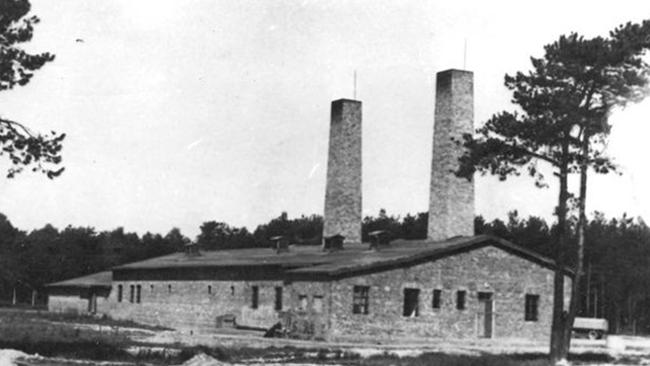
Anyone who questions the Kim regime is liable to be thrown into one of the prison camps, where they are subject to arbitrary detention, torture, summary execution or life sentences. Hundreds of thousands of inmates are estimated to have died in camps over the years.
“There is not a comparable situation anywhere in the world, past or present,” Pillay said. “This is really an atrocity at the maximum level, where the whole population is subject to intimidation.”
“HORRIFIC” CONDITIONS NOW ‘MORE SEVERE’
One camp survivor, a doctor, caught trying to escape to China, said he was stripped, hung upside down, bashed and tortured with fire or water. Water mixed with pepper was poured into his nose and mouth.
The judges concluded the leaders of the regime, members of the State Security Department and prison guards are culpable. They call on the international community to initiate proceedings at International Criminal Court, or a special international tribunal, to hold them accountable.
UN rights chief Zeid Ra’ad al-Hussein said North Korea’s leadership has cracked down further on human rights as tensions have escalated over its nuclear and missile tests, and “horrific” prison conditions have become more severe.
He said the prison camps serve as “a powerful instrument of control”.
North Korea’s UN Mission strongly condemned Monday’s meeting, calling it “a desperate act of the hostile forces which lost the political and military confrontation with the DPRK that has openly risen to the position of nuclear weapon state.” It called the human rights issue in the country “non-existent”.
Although international pressure on North Korea over its dire human rights record has escalated since the issuance of an earlier UN report in 2014, there remains little chance of a referral to the ICC.
China and Russia, permanent members of the Security Council with veto powers, oppose it.
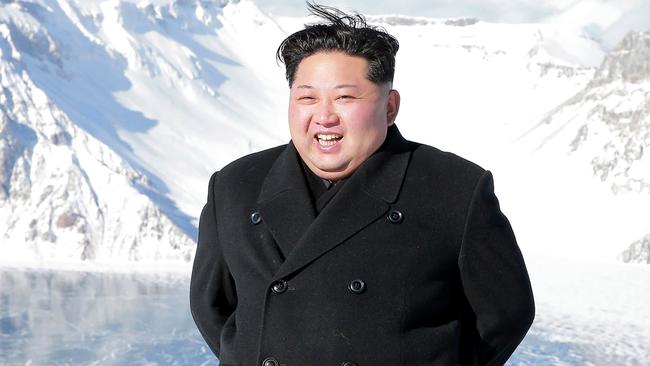
Originally published as North Korea’s camps ‘worse than Auschwitz’


